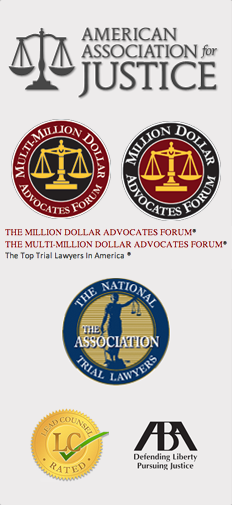Drug Therapy for Athetoid Cerebral Palsy
Athetoid cerebral palsy, a form of dyskinetic cerebral palsy, is a relatively uncommon type of cerebral palsy that is characterized by a child’s inability to control muscle movements. This lack of control can lead to uneven muscle tone, with some muscles becoming unusually large while others shrink, as well as motor control and mobility issues. In many cases, chorea, or uncontrolled repetitive movements, can also develop. Fortunately, there are several treatment options available to reduce these muscle control problems, with some drug therapies shown to have some success.
Available Drug Treatments
Athetoid cerebral palsy is often managed through a variety of treatment options, including pharmaceutical care. The following drugs may be used to reduce the symptoms of this disability:
- Intrathecal baclofen, which reduces frequent muscle spasms
- Other gamma-aminobutyric acid (GABA) agonists, which can achieve a similar effect
- Tetrabenazine, which can reduce the severity of chorea
Although these drugs can improve a child’s quality of life and reduce discomfort, athetoid cerebral palsy is incurable. Instead, these drug treatments are ongoing, meaning that families will face long-term medical expenses to keep up with their child’s needs. Because this can prove financially draining, a family may wish to seek compensation to cover these costs if their child’s injury was the result of a doctor’s or nurse’s negligence.
Contact Us
If your child has developed athetoid cerebral palsy because of a doctor’s negligent care before, during, or after birth, there may be legal options available to help your family deal with the financial concerns of this disability. For more information about how to prepare for a medical malpractice lawsuit, contact an attorney from the Driscoll Firm at (800) 900-7704 today.


